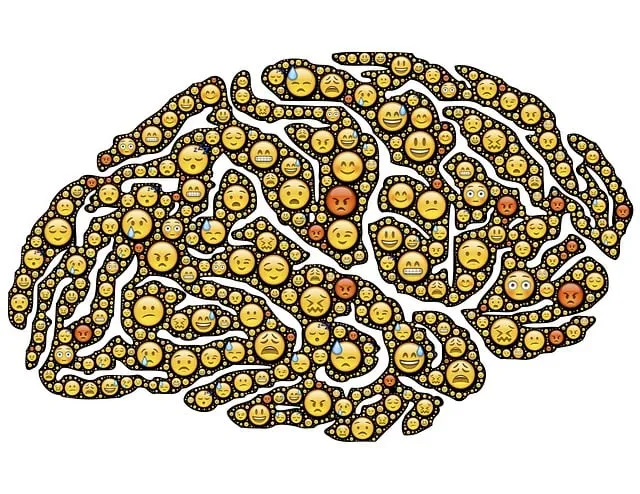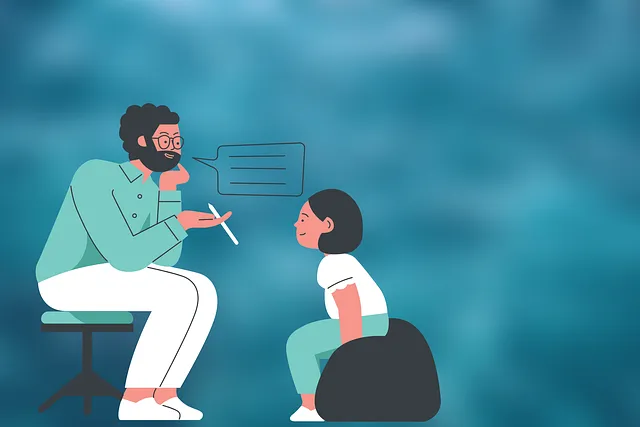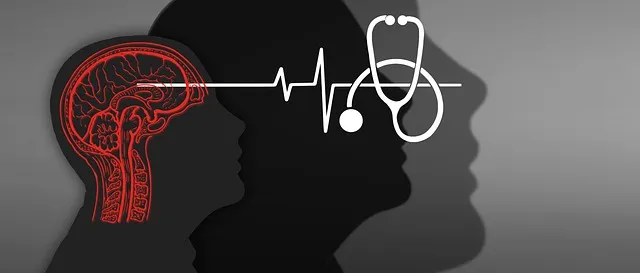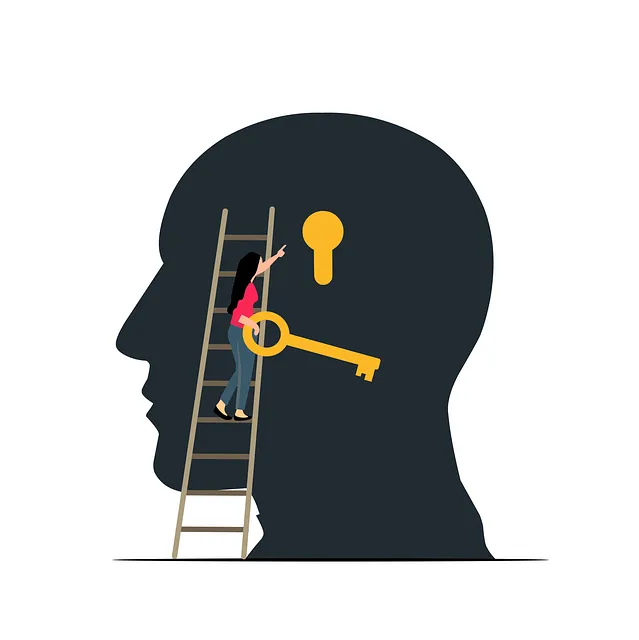Cultural sensitivity is key at the Lone Tree Kaiser Permanente mental health center, where diverse patients receive tailored care. With extended visiting hours, the center prioritizes understanding individual cultural backgrounds, beliefs, and communication styles to create a safe, inclusive environment. This approach, backed by training in cultural competency, improves patient outcomes, trust, engagement, and satisfaction. By incorporating cultural references, mindfulness techniques, and social skills training, the center offers holistic care that addresses both symptoms and diverse needs, revolutionizing mental healthcare with its strategic visiting hours and empathetic practices.
In today’s diverse society, cultural sensitivity is paramount in mental healthcare. The Lone Tree Kaiser Permanente mental health center serves as a model for inclusive practices, offering valuable insights into navigating cultural barriers. This article explores why cultural sensitivity matters and provides practical strategies for professionals. We delve into successful initiatives at the Lone Tree center, including measures to enhance patient outcomes, all while emphasizing the importance of inclusivity and respect during visiting hours.
- Understanding Cultural Sensitivity: Why It Matters in Mental Healthcare
- The Role of the Lone Tree Kaiser Permanente Mental Health Center
- Addressing Cultural Barriers to Care: Strategies for Mental Health Professionals
- Promoting Inclusivity and Respectful Practice: A Guide for Healthcare Workers
- Enhancing Patient Outcomes: Measuring the Impact of Cultural Sensitivity in Mental Healthcare
Understanding Cultural Sensitivity: Why It Matters in Mental Healthcare

In the realm of mental healthcare, cultural sensitivity is a game-changer, especially at institutions like Lone Tree Kaiser Permanente’s mental health center where diverse patients from various backgrounds seek support. Understanding and respecting cultural differences can significantly impact treatment outcomes. Every patient brings their unique experiences, beliefs, and communication styles shaped by their ethnic, racial, religious, and socioeconomic identities. Mental healthcare professionals who prioritize cultural sensitivity create a safe and inclusive environment, fostering trust and encouraging open dialogue.
This approach goes beyond mere courtesy; it’s a critical aspect of effective risk management planning for mental health professionals. By embracing cultural sensitivity in mental healthcare practice, providers can avoid misunderstandings, miscommunications, and potential harm. It enables them to tailor interventions, ensuring that positive thinking and therapeutic techniques resonate with each patient’s individual needs. Incorporating cultural competency into the core of mental healthcare not only improves patient satisfaction but also enhances overall treatment efficacy.
The Role of the Lone Tree Kaiser Permanente Mental Health Center

The Lone Tree Kaiser Permanente Mental Health Center stands as a beacon of hope and healing in its community. This center plays a pivotal role in providing culturally sensitive mental healthcare services, catering to diverse populations with unique needs. With extended visiting hours, it ensures accessibility for individuals seeking support at various stages of the day. The center’s commitment to cultural sensitivity is evident in its approach to treatment, where they adapt their practices to respect and understand the backgrounds and beliefs of every patient.
Here, mental health professionals employ effective conflict resolution techniques and risk management planning to create a safe and supportive environment. They offer comprehensive care that addresses not just the symptoms but also the underlying cultural factors influencing mental well-being. Additionally, the center provides Social Skills Training, empowering patients with valuable tools for navigating social interactions and fostering meaningful connections.
Addressing Cultural Barriers to Care: Strategies for Mental Health Professionals
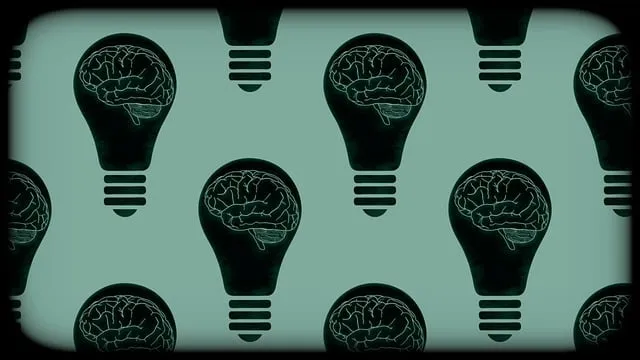
Addressing Cultural Barriers to Care is a pivotal aspect of providing effective mental health services, especially at places like the Lone Tree Kaiser Permanente mental health center. Understanding and respecting diverse cultural backgrounds and beliefs can significantly enhance patient care and outcomes. Mental health professionals play a crucial role in bridging the gap between diverse communities and the healthcare system.
Strategies such as cultural competency training for staff, promoting inclusive environments, and adapting therapeutic approaches to suit various cultural needs are essential. Encouraging open communication, actively listening to patients’ perspectives, and incorporating their cultural references into therapy can foster trust and engagement. Moreover, integrating Self-Care Routine Development programs and Mental Health Education Initiatives designed with a cultural lens can prevent Burnout Prevention Strategies for Healthcare Providers while improving overall well-being and patient satisfaction.
Promoting Inclusivity and Respectful Practice: A Guide for Healthcare Workers

Promoting inclusivity and respectful practices is paramount in mental healthcare, especially at diverse institutions like Lone Tree Kaiser Permanente’s mental health center with its visiting hours. Healthcare workers must be guided to navigate the intricate landscape of cultural differences, ensuring every patient receives care tailored to their unique needs. This involves an understanding of the impact of cultural factors on mental health and the ability to adapt treatment approaches accordingly.
By fostering a culture of respect, empathy, and open communication, mental health professionals can create a safe space for patients from various backgrounds. Incorporating techniques such as Mindfulness Meditation and Trauma Support Services can aid in addressing specific challenges faced by diverse populations, offering effective solutions like Anxiety Relief. Such initiatives not only strengthen patient outcomes but also enrich the overall therapeutic environment.
Enhancing Patient Outcomes: Measuring the Impact of Cultural Sensitivity in Mental Healthcare

At the Lone Tree Kaiser Permanente mental health center, visiting hours are carefully designed to respect diverse patient needs and cultural backgrounds. This thoughtful approach extends beyond simple time frames; it’s a strategic move to enhance patient outcomes by fostering an inclusive environment. By acknowledging that every individual enters therapy with unique cultural perspectives and experiences, the center leverages cultural sensitivity as a powerful tool in the healing process.
Measuring the impact of this cultural sensitivity is crucial. Studies have shown that when mental healthcare practices incorporate conflict resolution techniques like mindfulness meditation to address cultural disparities, patients often experience improved mood management. This positive shift isn’t just anecdotal; it’s backed by data indicating higher patient satisfaction rates and better adherence to treatment plans. By prioritizing cultural sensitivity, the Lone Tree Kaiser Permanente mental health center visiting hours become more than just a schedule—they’re a testament to the center’s commitment to transforming lives through understanding and care.
Cultural sensitivity is a cornerstone of effective mental healthcare, and the Lone Tree Kaiser Permanente mental health center exemplifies best practices. By understanding cultural nuances and implementing strategies to address barriers, professionals can foster inclusive and respectful environments that enhance patient outcomes. As discussed in this article, promoting cultural sensitivity not only improves access to care but also ensures every patient receives personalized, compassionate support during their visit to centers like Lone Tree Kaiser Permanente, whether for routine check-ups or extended stays.
